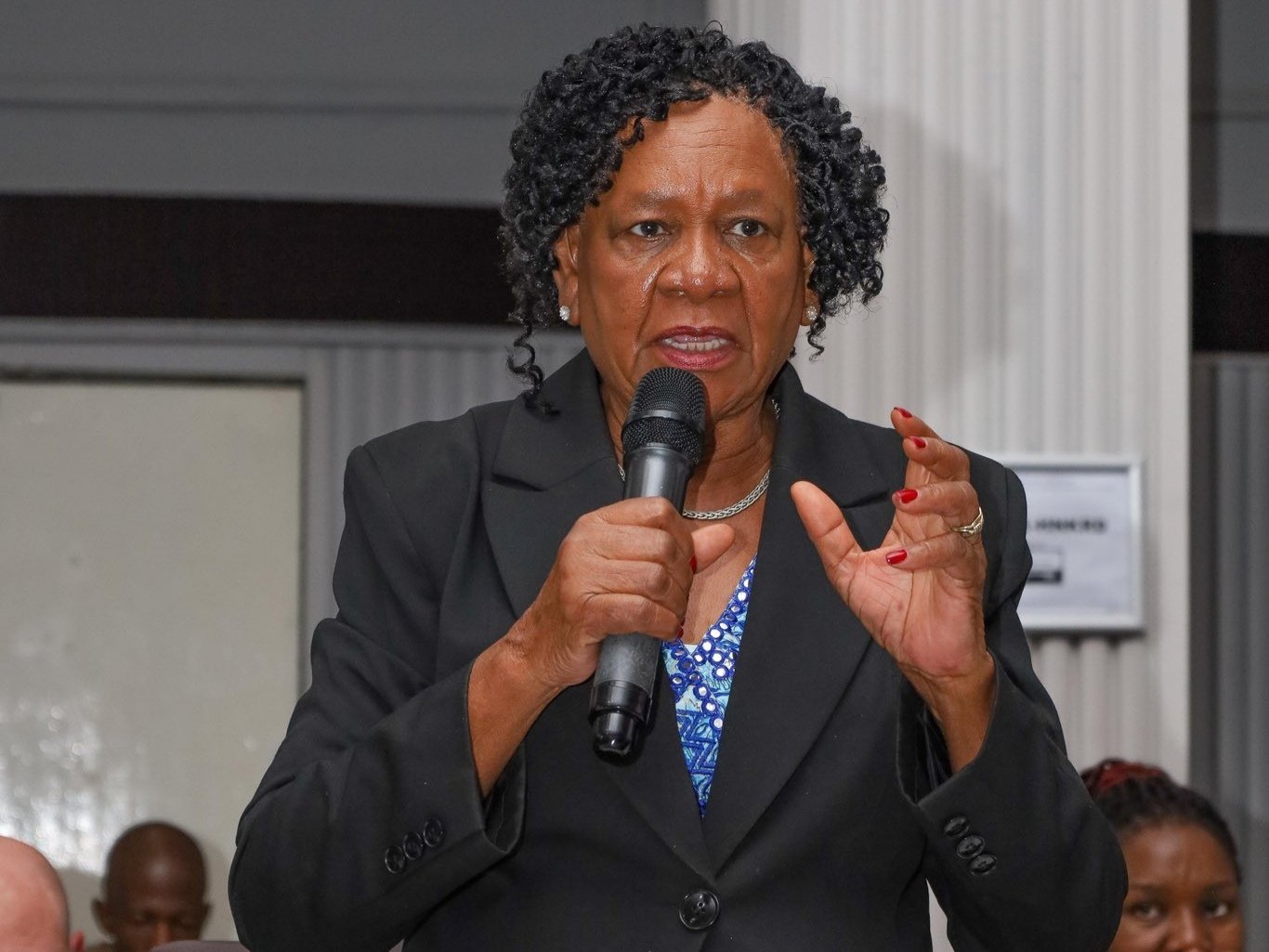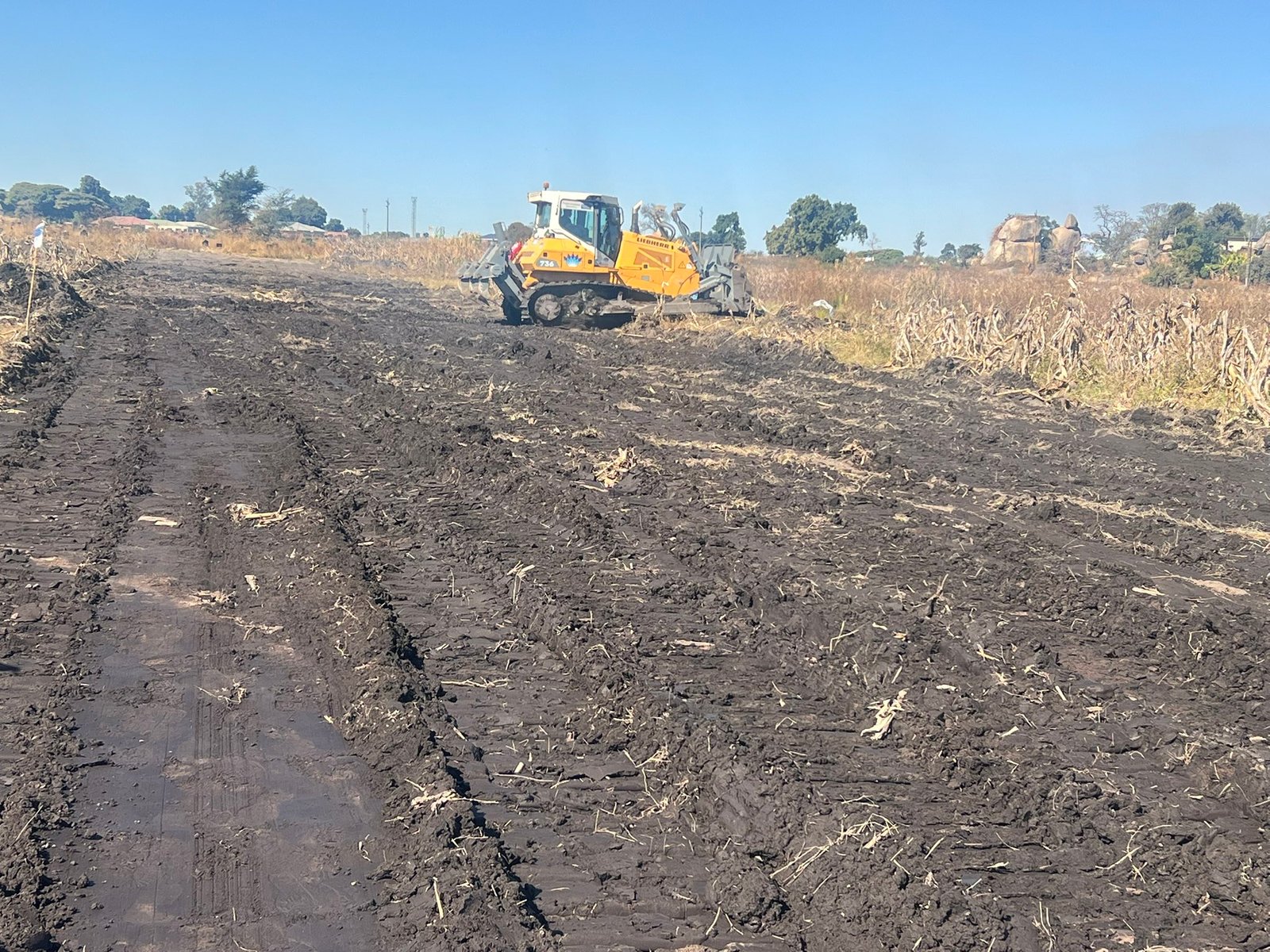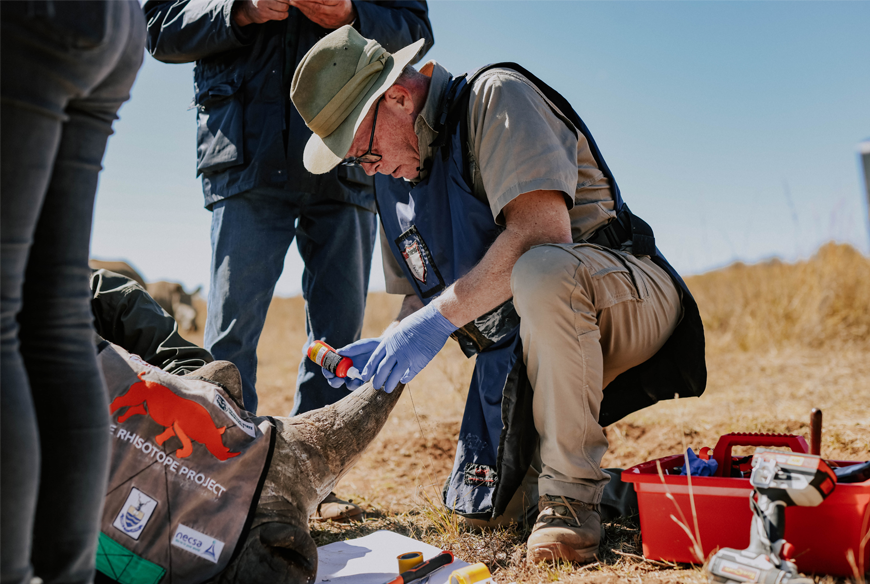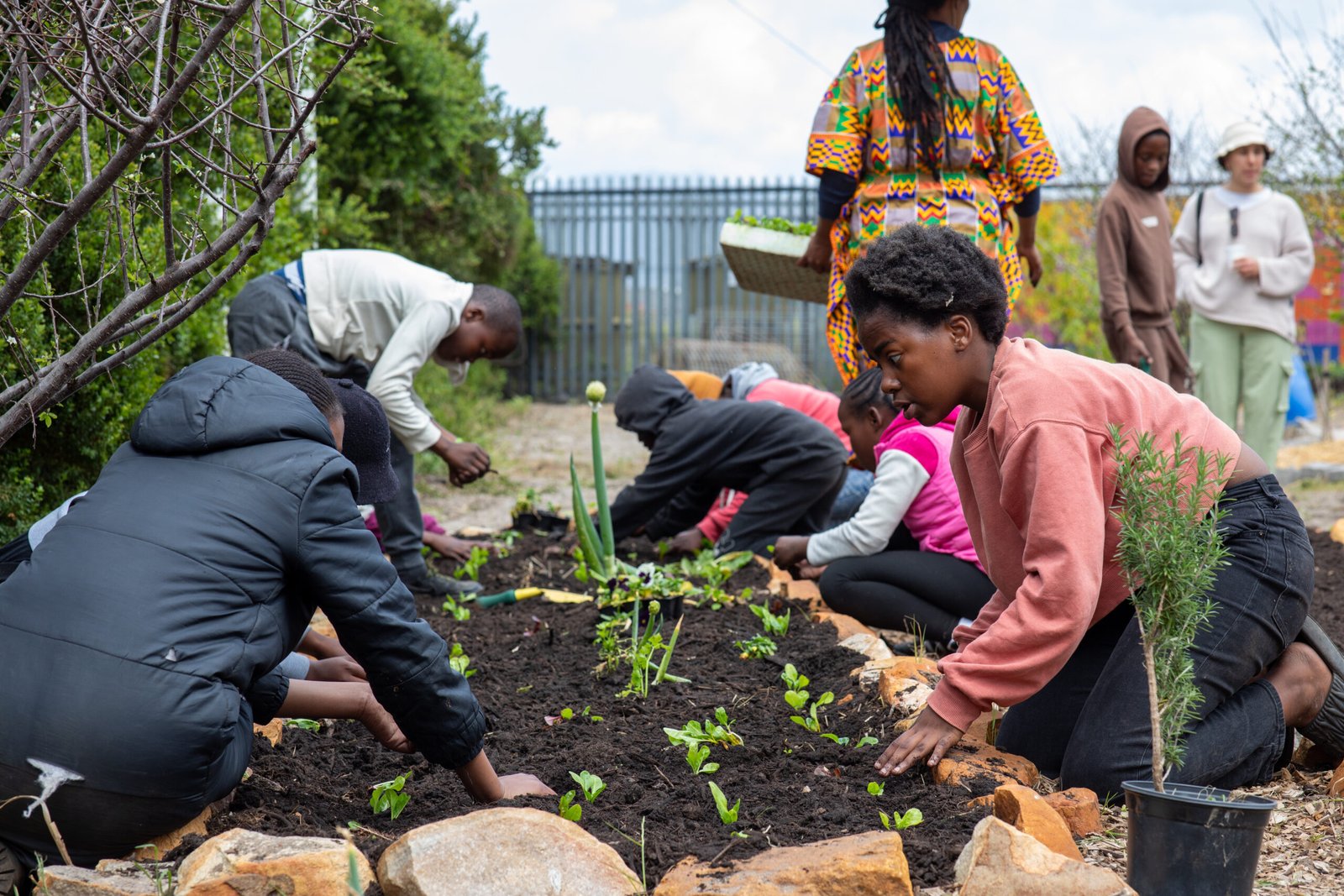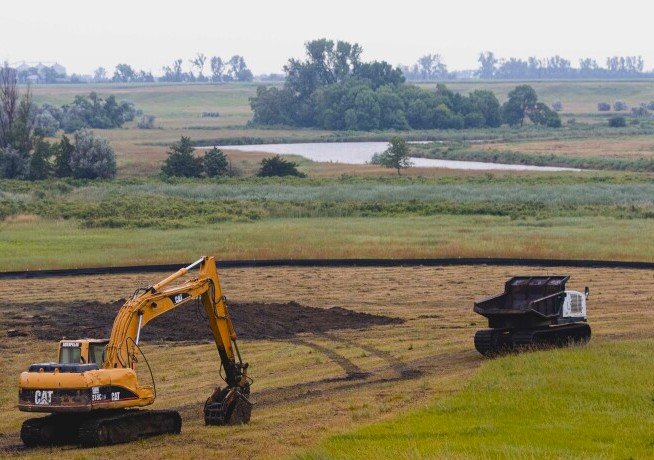With seven months before the 20th Conference of the Parties to the Convention on International Trade in Endangered Species of Wild Fauna and Flora (CITES CoP20) convenes in Samarkand, Uzbekistan, the country has successfully gathered key policymakers, conservation experts, and various stakeholders for a high-level engagement meeting to shape its national position with a strong emphasis on integrating sustainable wildlife trade into economic policy.
During the consultation, which was held under the theme “Inclusive Integration of Sustainable Wildlife Trade into the Economic Landscape” at the Zimbabwe International Trade Fair in Bulawayo on Tuesday, Environment, Climate, and Wildlife Minister Dr. Evelyn Ndlovu said the aim of the stakeholder engagement meeting was to “solicit information and recommendations on species listing, resolutions, decisions, and potential agenda items for CITES CoP 20.”
Zimbabwe will participate in the November summit in Samarkand, Uzbekistan, with plans to defend its model of sustainable wildlife management and resist what it views as restrictive international policies.
“As a country, we want the world to recognize our successful elephant management model, which has resulted in stable to increasing populations by allowing us to raise revenue through international commercial trade in ivory and live animals,” Dr. Ndlovu stated.
Minister Ndlovu emphasized that wildlife-based tourism is vital to Zimbabwe’s economy. The country’s wildlife serves as both an economic cornerstone and a global heritage, necessitating pride, protection, and sustainable use.
“Zimbabwe’s economy is significantly driven by tourism, which is anchored by rich wildlife populations throughout the country. This underlines the integral role played by wildlife not only in our country but worldwide. It is a heritage that draws people from all over the globe just to enjoy it; hence we need to take pride in it and guard it jealously. In conserving our wildlife, we are affirming the importance of sustainable use of biodiversity in contributing to global conservation policymaking.”
Reflecting on the previous CITES CoP19 in Panama, Zimbabwe opposed proposals to upgrade elephants and hippos to Appendix I and introduce a zero quota on leopards, among others.
“It is important to reflect on what transpired at CITES CoP19 in Panama. At CoP, there were proposals intended to uplist elephants and hippos to Appendix I, a proposal to have a zero quota on leopards, proposals to close ivory domestic markets, proposals to change the rules of procedure in favor of more trade-restrictive proposals being given primacy over less trade-restrictive proposals, and several proposals to restrict transnational movement of wildlife on health grounds with the intention to stop commercial hunting and international wildlife trade directly or indirectly.”
Dr. Ndlovu warned that similar motions could re-emerge. “We joined other pro-sustainable use countries to resist such proposals, and we will not be surprised to see proponents of such proposals bringing the same issues back in one way or another,” she said.
Minister Ndlovu raised concerns over the misuse of the “precautionary principle” to block sustainable use proposals, advocating instead for balanced integration with sustainable development principles.
“Zimbabwe agrees with elements of the Precautionary Principle in international environmental law, but it is the suspiciously elevated importance of the principle over other equally important principles like sustainable development and permanent sovereignty over natural resources that raises eyebrows. The principle is being used to thwart proposals on the sustainable utilization of wild species even when the proposal outlines precautionary safeguards against overexploitation.”
The government is also reviewing its national wildlife policy and legislation to improve conservation efforts.
“The government is also finalizing the review of the wildlife policy and the Parks and Wildlife Act to further enhance the effectiveness of these instruments in wildlife conservation. In recent years, we have witnessed a significant reduction in the illegal killing of key species, attributable to the collaborative work between the government and stakeholders,” Dr. Ndlovu added.
Key policymakers, conservation experts, and various conservation stakeholders converged for the high-level engagement meeting ahead of the 20th Conference of the Parties (CoP 20) to the Convention on International Trade in Endangered Species of Wild Fauna and Flora (CITES). Organized by the Zimbabwe Parks and Wildlife Management Authority (ZIMPARKS), the meeting aims to solidify Zimbabwe’s position and proposals for the global summit, focusing on balancing biodiversity conservation with economic growth.

